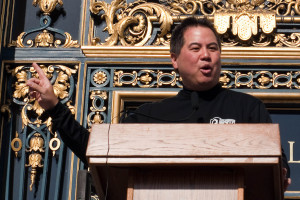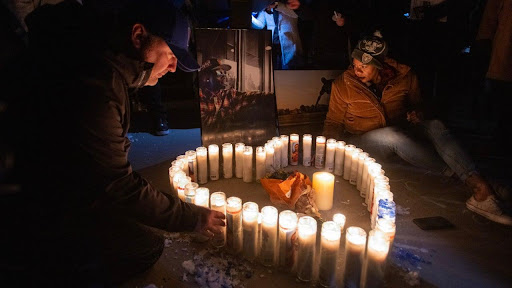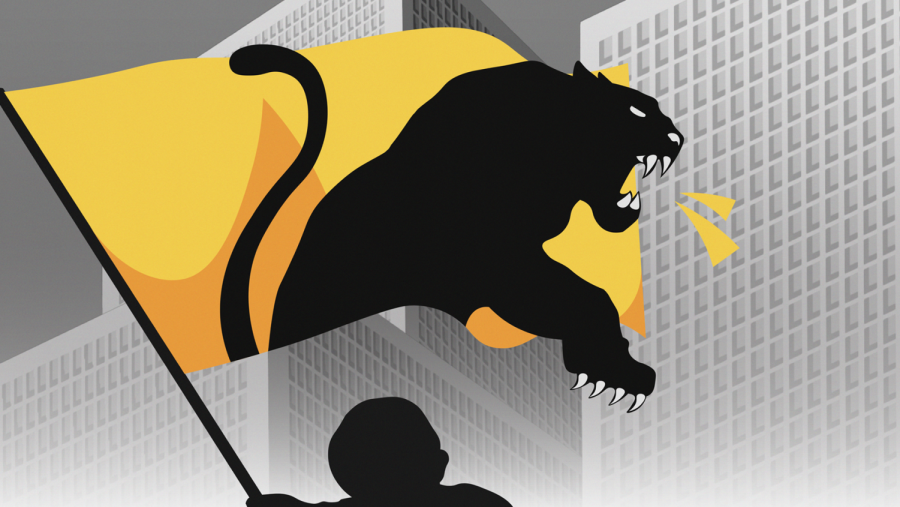
to call on San Francisco residents to stay involved.
Despite losing the 2011 San Francisco mayor’s race, Phil Ting’s political website Reset San Francisco will continue to live, unlike most of his competitors’ campaigns.
“We’re not stopping, yet continuing to grow fast,” affirmed Kate Maeder, account executive for Reset San Francisco.
The team behind the organization is using new media platforms as well as a blog interface as tools to reach San Franciscans and get them involved in local government.
Reset San Francisco produces strong content on several issues to make people discuss about it on the website.
Allowing San Franciscans’ voices to be heard and putting in the efforts to make it happen are the most important goals for Ting and his crew.
“What can you add to that discussion rather than just telling us what’s wrong with San Francisco, tell us what’s right with San Francisco, help us figure out how to fix San Francisco,” asked Ting in the introduction video of Reset San Francisco’s website.
“Our idea with Reset San Francisco is to crowdsource ideas from the community to make our city better,” said Meader.
Ting drew his inspiration in President Barack Obama’s effective 2.0 national election campaign in 2008, though Reset San Francisco differs in that even after the election, Ting and his team continue to feed San Franciscans with discussions around issues and listen to what they have to say.
While he was running for mayor, Ting’s team worked on actual issues for improvement at the moment, not only making promises to get elected.
Ting and his team use their website to gather people around an issue and then organize offline events to make the online discussion become realistic.
This year, Reset San Francisco brought experts and residents together in the same room so that everyday MUNI riders can discuss the issue with experts.
“It’s not just about a guest panel and the people asking questions and getting answers,” specified Maeder, it’s about having a conversation. After the discussion, Reset San Francisco’s team wrote a report and gave it to the city as a proposition for a better MUNI service.
“It’s hard in San Francisco because there is a lot of people that are running for office and it’s very competitive,” said Kim Geron, professor at the CSU East Bay Political Science Department. Geron believes that if politicians want to built their name and get recognition from residents, they have to stay online, even after the elections.
Even though the Internet is the voters’ preferred media to get informed about candidates, according to the Pew Research Center, there aren’t many to participate in websites like Reset San Francisco yet.
“The Internet and Campaign 2010” report from the Pew Research Center showed that only six percent of adult Internet users took part in an online discussion, listserv or other online group forum related to the campaign or political issues in the months leading up to the 2010 election.
Ting didn’t win the election, but he and his team learned a lot from it, affirmed Maeder.
“I think that voters aren’t ready yet,” she said. “They don’t understand what we’re trying to do.”
Reset San Francisco’s Facebook page has almost 14,000 fans and, according to Maeder, around a hundred thousand people a month hit their website.











